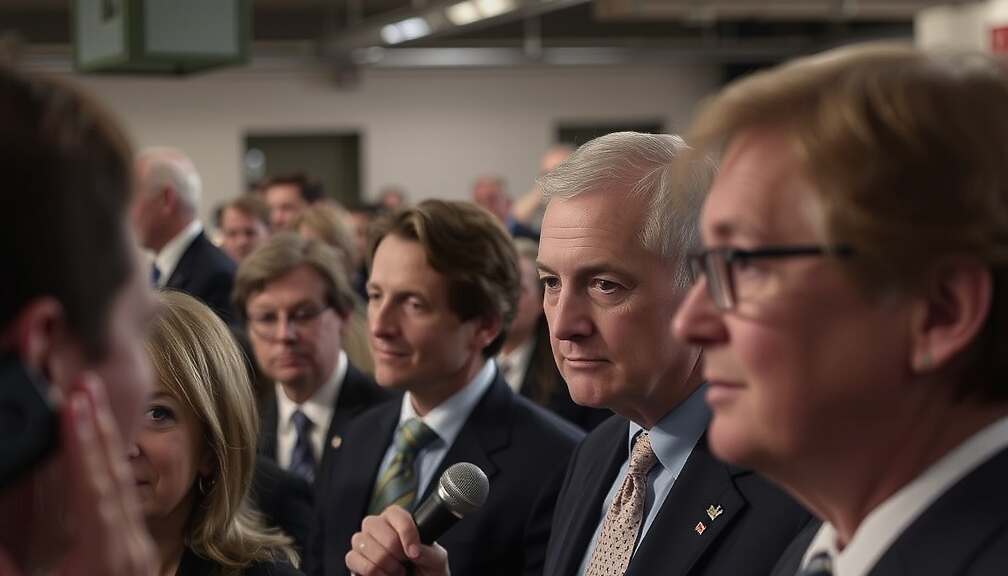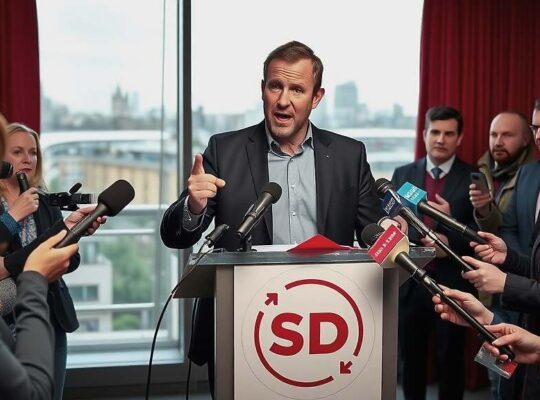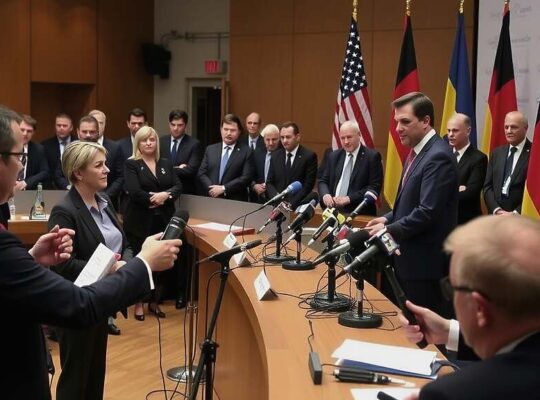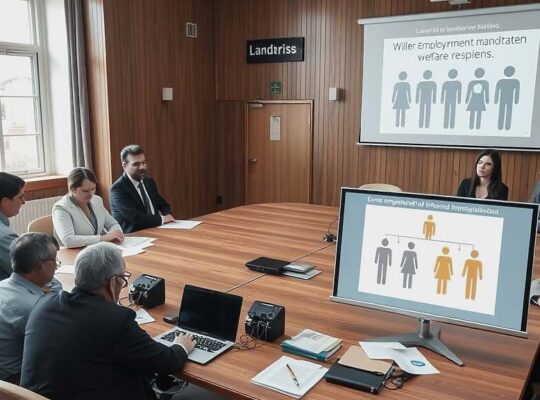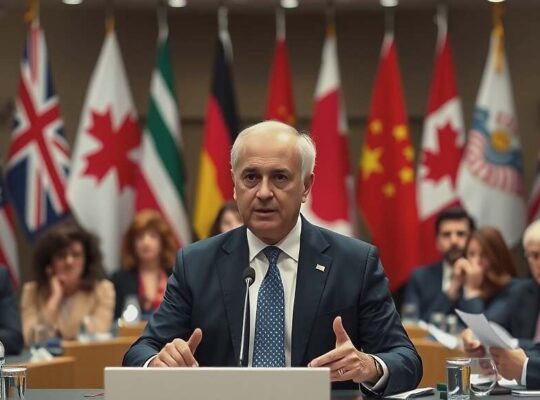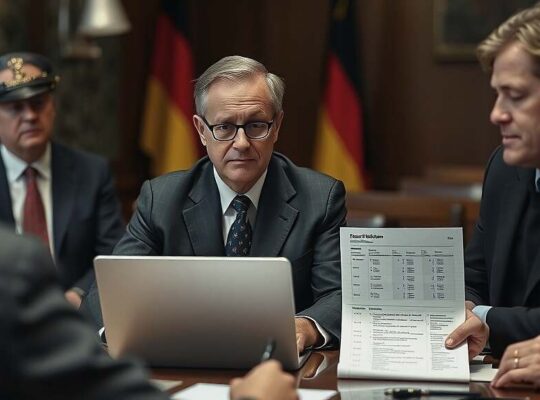The Social Democratic Party (SPD) in Mecklenburg-Vorpommern faces a critical juncture, with its leader, Minister President Manuela Schwesig, issuing a stark warning about the erosion of its traditional support base and a concerning shift towards the far-right Alternative for Germany (AfD). In an interview with the Tagesspiegel, Schwesig urged a return to the party’s core values and a renewed focus on the concerns of working-class voters, a demographic increasingly drawn to the AfD’s populist message.
“We underestimated the extent to which our own supporters would migrate to the AfD” Schwesig confessed, attributing the exodus to a failure to adequately consider the perspectives of ordinary workers. She emphasized a need to prioritize the needs of employees, self-employed individuals and skilled tradespeople, many of whom reside in rural areas and face economic realities often overlooked by policymakers. Specifically, she highlighted the practical barriers preventing many from transitioning to electric vehicles, arguing that the SPD must reconnect with the everyday concerns of those reliant on petrol vehicles to commute.
The conversation also touched upon internal party dissent regarding the recent reform of the citizen’s allowance (Bürgergeld), a policy negotiated with the conservative Union parties. While acknowledging the importance of internal discussion, Schwesig underscored the necessity of aligning social policies with the goals of workforce integration and skills development. She defended her party’s success in securing the infrastructure special fund during coalition negotiations, arguing it represented a critical investment in education and future opportunities.
Looking ahead to the September 2024 state elections, Schwesig expressed her intention to continue serving as Minister President. However, the political landscape presents a formidable challenge. Recent polling data reveals the AfD commands a significant lead, currently registering at 38% support compared to the SPD’s 19%, signaling a potentially seismic shift in the state’s political alignment. Despite acknowledging her own favorable personal approval ratings, Schwesig stressed the imperative for SPD voters to actively participate in the upcoming election, framing it as a crucial defense against the rising tide of populism. The challenge for the SPD lies not only in regaining lost ground but also in demonstrating a tangible commitment to addressing the economic anxieties fueling the shift towards the AfD.


